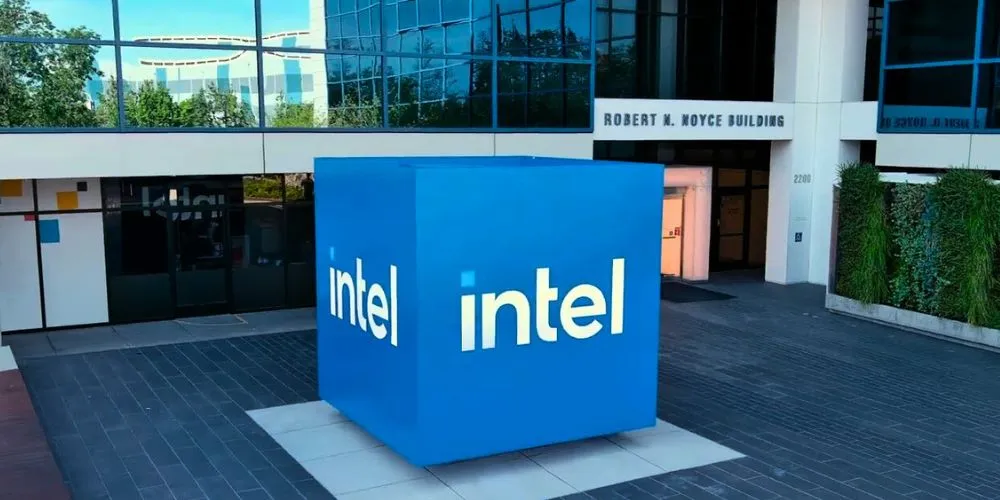Key Points
- Intel confirmed it will not sell its majority stake in Mobileye, boosting its stock by 13%.
- Mobileye has faced a 73% share drop this year due to decreased demand, particularly in China.
- Intel is refocusing on its chip foundry and AI processors amid challenges like job cuts and a suspended dividend.
- Intel secured a chip-making deal with Amazon’s cloud division, which may strengthen its position in the semiconductor industry.
On Thursday, Intel Corporation (INTC.O) reaffirmed its commitment to its self-driving technology subsidiary, Mobileye Global (MBLY.O), stating it has no plans to sell its majority stake. This news sent Mobileye’s stock soaring more than 13%, reversing some of the sharp declines the shares had experienced earlier this year.
Mobileye’s stock had dropped by a staggering 73% in 2023, with investor confidence shaken after a Bloomberg report suggested that Intel might sell a portion of its stake. However, Intel’s recent statement quashed those rumors and underscored the company’s belief in the future of autonomous driving technologies.
“We believe in the future of autonomous driving technology and in Mobileye’s unique role as a leader in the development and deployment of advanced driver assistance systems,” Intel said in a public statement. This firm backing comes as Mobileye continues to lead in developing advanced driver assistance systems (ADAS), despite the current market volatility.
Intel originally acquired Mobileye in a $15.3 billion deal in 2017, recognizing the company’s potential in autonomous driving technologies. However, five years later, Intel relisted Mobileye’s shares on the public market through an initial public offering (IPO). According to Mobileye’s annual report, as of December 30, 2022, Intel held an 88.3% stake in Mobileye.
Despite its leading position in the ADAS market, Mobileye has been facing weakened demand for its driver-assistance chips, which has forced the company to lower its revenue and profit forecasts for the year. The decline in demand has been particularly pronounced in China, where the company has struggled to maintain growth.
While Mobileye battles fluctuating demand, Intel has also been going through a challenging phase, attempting to refocus its business. The company has been heavily investing in its chip foundry unit and artificial intelligence processors to regain a competitive edge in the semiconductor market. However, Intel’s shares have suffered in recent months amid job cuts, a suspended dividend, and the resignation of a high-profile board member.
In a positive development for Intel, the company recently announced a chip-making deal with Amazon’s (AMZN.O) cloud division, which could significantly boost its manufacturing business. This partnership may help Intel gain traction as it competes against industry giants like Taiwan Semiconductor Manufacturing Co (TSMC).




